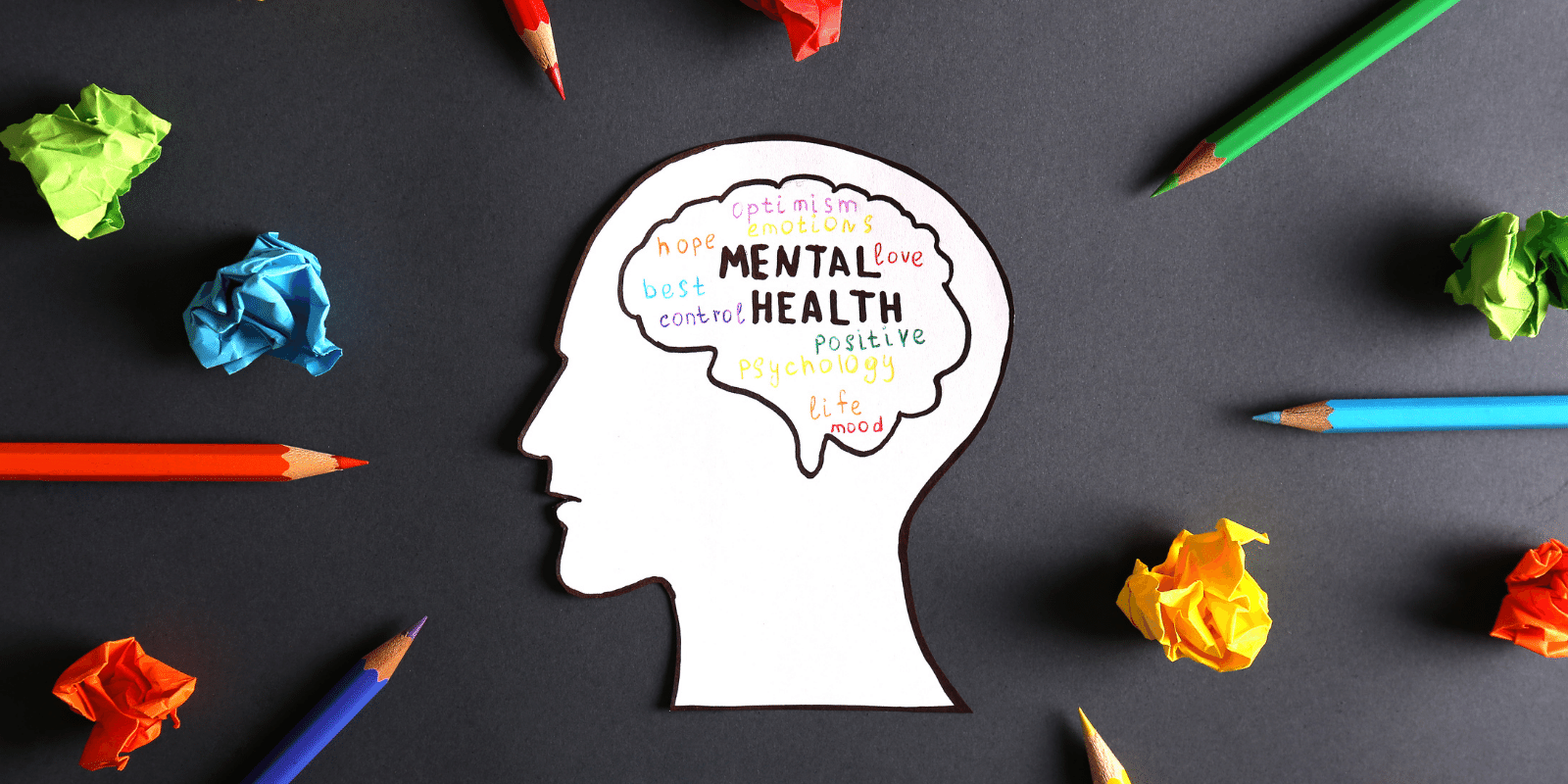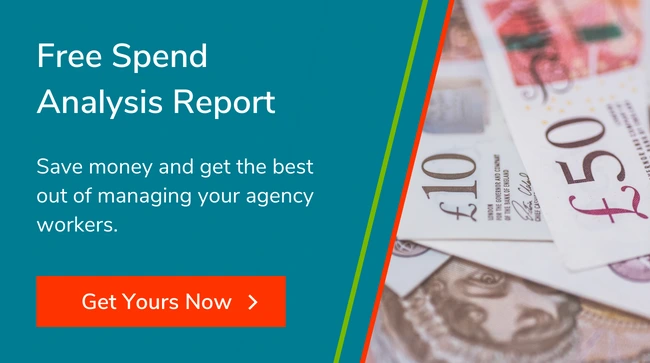What Is A Mental Health Day And Does It Involve Chocolate, Plants, Or Netflix?!
Most people experience good and bad days, and the pandemic increased the population's feelings of anxiety and depression. According to a scientific brief released by the World Health Organization (WHO), the global prevalence of anxiety and depression increased by 25% in the first year of the COVID-19 pandemic.
To add to the mix, the current cost of living crisis is now affecting people’s mental health too as inflation goes to the roof, prices increase, and wages remain stagnant. People are truly struggling and come Autumn many people will suffer fuel poverty as energy prices increase sharply. Money issues can cause emotions of embarrassment and shame, and people often don't know where to turn for assistance and support.
In many cases, financial concerns can have a negative impact on your mental health, producing anxiety, depression, and stress as people make difficult judgments about what they can afford. Poor mental health can also impair people's ability to handle money for a variety of reasons, including a lack of knowledge on where to begin.
Everyone is subjected to varied degrees of stress. This might be especially tough to handle if you already experience depression or anxiety symptoms. When you feel your stress levels have peaked, it may be time to take a short break to recharge.
A mental health day is a day when you skip work or school and limit your commitments or duties. You can utilise this time to focus on stress relief, relaxation, pleasure, and avoiding burnout.
What are the signs you should take a mental health day?
Anxiety and stress can appear in a variety of disguises, ranging from racing thoughts to panic episodes. It can also cause physical symptoms such as chest pain, stomach discomfort, and shortness of breath. If you're feeling particularly uneasy and having difficulty returning to your typical relaxed state, you might benefit from a mental break.
By taking a mental-health day, you can lower your anxiety and perform better at work when you return by engaging in relaxing activities such as massage, yoga, deep breathing, watch Netflix, sleep all day, eat chocolate, go for a long walk, meditation or do any self care activities that will help you. Taking a mental health day is recommended when you experience the following signs:
- Feeling extremely tired and fatigued
- Get angry easily
- Feeling anxious and dread going to work
- You can’t focus at work
- You get sick often
- Suffer insomnia and are unable to sleep well
- You feel disconnected from everyone around you
- You are drinking more
- Your friends and family are worried about you
- You suffer frequent panic attacks
While a mental health day will not fix the underlying issues that contribute to burnout, it will provide a much-needed respite to halt, regroup, and return with more energy and a fresh, less-stressed viewpoint. Taking a mental health day has a lot of benefits and these include:
- Helps clear your mind
- Have fun and do things you enjoy rather than things you have to do
- Improve your sleep quality
- Process your emotions
- Promote relaxation
- Reduce stress
- Be more productive
How to take a mental health day?
Because your mental health is equally as essential as your physical health, requesting a mental health day is no different than requesting a standard sick day. Before you request time off, familiarise yourself with your employer's leave regulations. Every company is different, and you want to make sure you have the best chance of getting your request approved. We've compiled 3 key pointers to help you navigate some feasible options:
- Acknowledge you need a sick day
- Read your company’s policies
- Talk to your boss
It is crucial to maintain a positive mental health if you want to restore constructive behaviors, emotions, and thoughts. Our self-image can improve, our productivity can increase, and our relationships can be strengthened when we focus on mental health care.
By nurturing mental health, we can not only improve our daily functioning, but we can also control - or at least combat - physical health issues that are directly related to mental health issues. Stress management, for instance, may improve heart health because heart disease and stress tend to be linked.
Other advantages of caring for our mental health include:
- feel happier
- lower anxiety
- increase one's sense of inner serenity
- clarity of thought
- Improve relationships
- boost our self-esteem









.png?width=180&height=180&name=Ecovadis%202024%20(200%20x%20200%20px).png)
